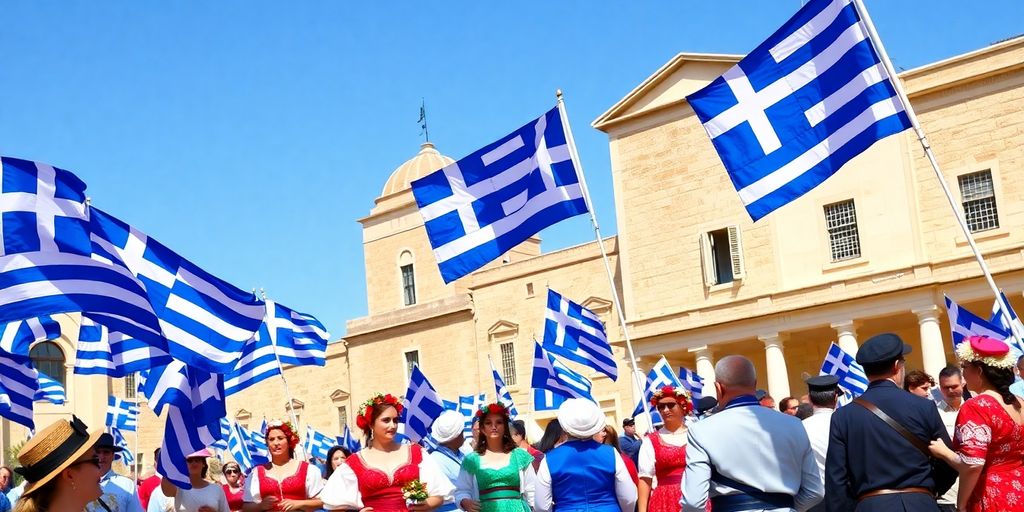Today, Greece proudly celebrates its Independence Day, marking the anniversary of its liberation from Ottoman rule in 1821. This significant day is a reminder of the country’s rich history, cultural heritage, and the enduring spirit of its people.
Key Takeaways
- Greece’s Independence Day is celebrated on March 25.
- The day commemorates the start of the Greek War of Independence in 1821.
- Festivities include parades, traditional music, and cultural events across the country.
Historical Significance
Greece’s struggle for independence began in the early 19th century, fueled by a desire for freedom and national identity. The revolution was inspired by the Enlightenment ideals of liberty and democracy, leading to a series of uprisings against the Ottoman Empire. The war lasted for nearly a decade, culminating in the establishment of an independent Greek state in 1830.
Celebratory Events
Independence Day is marked by various events throughout Greece, including:
- Military Parades: Major cities, including Athens and Thessaloniki, host grand parades showcasing the Greek military and traditional costumes.
- Cultural Performances: Folk dances and music performances celebrate Greek culture and heritage.
- Religious Ceremonies: Many Greeks attend church services to honor the day and remember those who fought for freedom.
National Symbols
Several symbols are associated with Greece’s Independence Day, including:
- The Greek Flag: Featuring blue and white stripes, it represents the sky and sea, as well as the struggle for independence.
- The National Anthem: "Hymn to Freedom" is sung during celebrations, reflecting the spirit of the revolution.
- Traditional Foods: Dishes such as bakaliaros (fried cod) and skordalia (garlic dip) are commonly enjoyed on this day.
Reflections on Greece
As people reflect on what Greece means to them, several themes emerge:
- Rich History: Greece is often associated with its ancient civilization, philosophy, and contributions to art and science.
- Natural Beauty: The stunning landscapes, islands, and Mediterranean coastline are a source of pride for Greeks and a draw for tourists.
- Culinary Heritage: Greek cuisine, known for its flavors and healthy ingredients, is celebrated worldwide.
Conclusion
Greece’s Independence Day is not just a celebration of freedom; it is a day to honor the resilience and unity of the Greek people. As the nation comes together to commemorate its past, it also looks forward to a future filled with hope and prosperity. The spirit of independence continues to inspire generations, reminding everyone of the importance of liberty and cultural identity.






